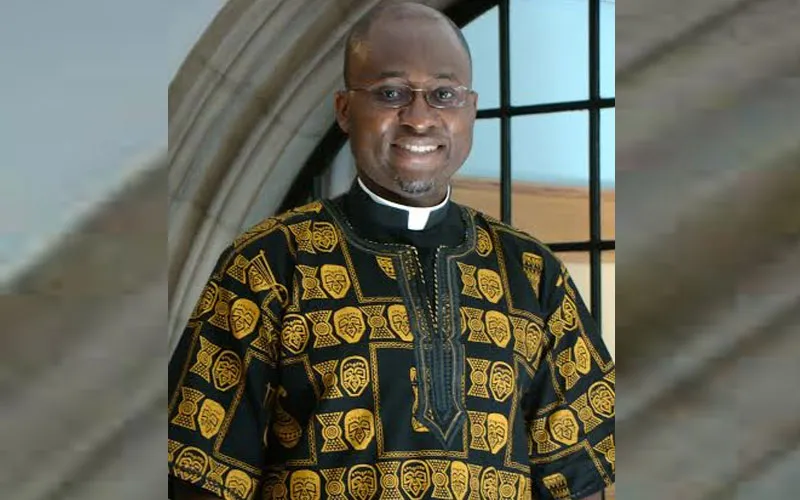Pope Francis does not provide any new solutions to the challenges that Africa is facing, Fr. Stan has said. He says that the Holy Father is, instead, helping the continent to see its vast resources, and to learn from what has worked for the people before.
“Pope Francis is not telling us that this is what you should or should not do. He is making us see that we have the assets to make Africa a better place. He is telling us to open our eyes and see the role models we have in Africa, and to find meaning in our roots,” Fr. Stan says.
Pope Francis, Fr. Stan says, “reminds us to look at what has worked for our people in the past and get more of it. This is why he uses the word Ubuntu.”
The Nigerian Priest adds, “In Fratelli Tutti, Pope Francis talks about the culture of encounter when he says, ‘to be a person is to belong to a community’. That's the very language of Ubuntu. He insists on community and the need to strengthen relationships.”
Fr. Stan recalls that in Pope Francis’ recent trip to the Democratic Republic of Congo (DRC) and South Sudan, the Holy Father underlined the need to rebuild and strengthen relationships in order to have flourishing communities in the Church and in the wider society.
(Story continues below)
In Pope Francis’ trip to Madagascar, the Holy Father is said to have talked about ecological disasters, and the people’s relationship with the environment when he visited Kenya.
In Kenya, he spoke about the ‘3Ls’: Labour, Lodging, and Land, Fr. Stan recalls the November 2015 Apostolic visit to the East African nation, and adds, “He interrogated how people can have a good relationship with the land and engage in agricultural activities so that they do not starve.”
“On lodging, he (Pope Francis) said that people should not be living in Kibera (Kenya’s largest slum). It is not worth it. About the youth whose population is on the rise, he asked what work the country had for them,” the U.S.-based Theologian says, and adds, “His message was about restoring relationships with the land, with the earth, and with the people.”
Fr. Stan finds it regrettable that the Church in Africa has, for a long time, shied away from talking about the continent’s problem of ethnocentrism and tribalism.
“When we go to Synodal meetings, we speak big English, but we are not dealing with the root of the greatest threat to the church and Christianity in Africa. We do not yet see ourselves as firstborn children of the same family of God. we see ourselves through our stereotypes and our prejudices,” Fr. Stan says.
“These prejudices and stereotypes are very settled in many countries. It is what you see when you look at what is happening in Tunisia, the xenophobia in South Africa, what is going on in South Sudan, the Central African Republic, in Somalia, Nigeria, in the whole Sahel region,” he further says.
Fr. Stan continues, “Even when you go to places like Liberia and Sierra Leone, there is tension between the African slaves who came back.”
He underlines the need to build a Church where people feel that they are brothers and sisters.
Agnes Aineah is a Kenyan journalist with a background in digital and newspaper reporting. She holds a Master of Arts in Digital Journalism from the Aga Khan University, Graduate School of Media and Communications and a Bachelor's Degree in Linguistics, Media and Communications from Kenya's Moi University. Agnes currently serves as a journalist for ACI Africa.








